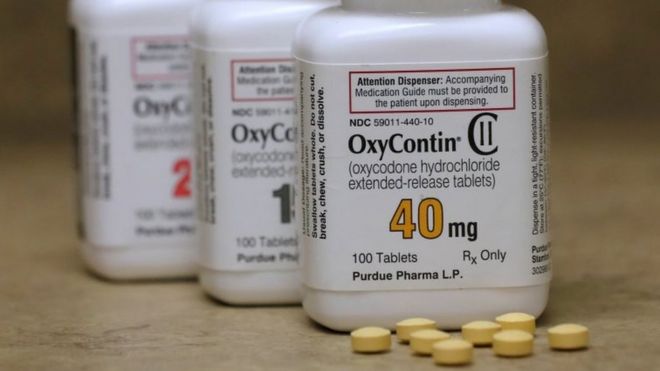
Some of the best episodes of the old Law & Order television series were the ones in which the prosecutors investigated corporate misconduct. In 1992, for example, one episode titled “The Corporate Veil” featured a plot involving a medical equipment manufacturer’s sale of faulty pacemakers.
In real life, district attorneys focus mostly on homicides and other street crimes, but the business culprits depicted on Law & Order were not entirely imaginary. Local prosecutors do sometimes target rogue corporations, especially in certain parts of the country.
The latest expansion of Violation Tracker documents this fact. My colleagues and I at the Corporate Research Project of Good Jobs First looked at the records of district attorneys in the country’s 50 largest counties and 50 largest cities (some of which use other titles for their prosecutors, such as state attorney and prosecuting attorney).
In the period since the beginning of 2000, we found a total of 565 instances in which local prosecutors brought cases against corporations for offenses such as fraud against consumers and hazardous waste violations that resulted in a company’s paying a monetary fine or settlement. The aggregate penalties came to $5.9 billion.
These cases are far from evenly distributed among the large localities. California’s counties and cities, with 441 successful actions against corporations, account for more than three quarters of the nation’s cases.
California is also unusual in that its localities frequently band together to bring cases against large companies. We found 191 of these group lawsuits that together resulted in more than $1.8 billion in fines and settlements. These include a $1 billion settlement reached this year by 18 California counties and other public entities with Pacific Gas & Electric to resolve claims relating to the company’s role in major fires.
These multi-jurisdictional lawsuits are similar to those more often brought by groups of state attorneys general. In September, the Corporate Research Project published a report on these multistate cases, based on a compilation of more than 600 such actions.
The ability of California counties and large cities to pursue cases against corporations is strengthened by the state’s Unfair Competition Law and False Advertising Law, which prohibit many forms of predatory business conduct. Local prosecutor activism has caused tension with the state attorney general’s office, which views itself as the appropriate protector of the public against corporate abuses.
Although California’s local prosecutors have a commanding lead in the number of corporate cases, New York’s have collected the most penalty dollars. The Empire State’s $3.5 billion total (compared to $2.3 billion in California) is due mostly to a dozen very large cases brought against major foreign banks by the Manhattan District Attorney’s Office. The banks, such as BNP Paribas and UniCredit, were accused of doing business with parties subject to international economic sanctions.
New York local prosecutors have brought a total of 88 business misconduct cases that resulted in fines or settlements. The only other state in double digits was Texas, with 12 cases generating $12 million in penalties. Large localities in nine more states had one to six cases each: Arizona, Colorado, Florida, Illinois, Louisiana, Minnesota, Ohio, Oklahoma and Utah.
The local prosecutors’ cases, along with an update of the existing categories, brings the number of entries in Violation Tracker to 397,000 with aggregate penalties of $604 billion.
Note: In addition to the local prosecutors’ cases, the new Violation Tracker update includes cases from eight state and local consumer protection agencies as well as more than 200 cases from the New York Department of Financial Services with total penalties of more than $10 billion. The latter is the first portion of what will be complete coverage of state financial regulatory agencies throughout the country.









You must be logged in to post a comment.